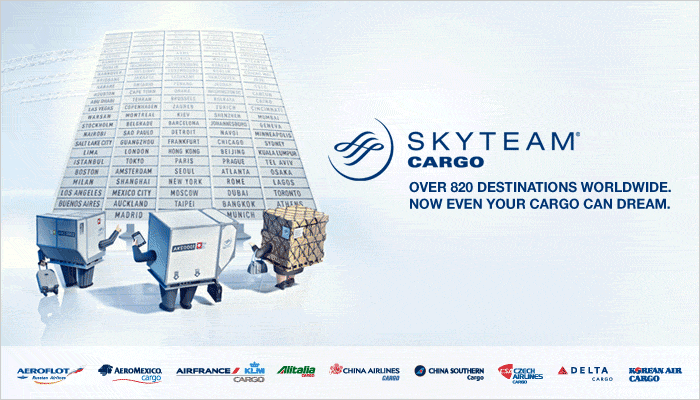 |

#INTHEAIREVERYWHERE |
|
|
Vol. 11 No. 116 THE GLOBAL AIR CARGO PUBLICATION OF RECORD Monday December 3, 2012 |
 |
“You
know who matters now?
|
“I
see three key things
for the industry:
First, invest in emerging
and niche markets.
Second, ensure you
offer great customer
service. And third,
develop highly cost-efficient
operational processes.
These elements are
likely to be the common
traits for successful
companies in 2013.
“Having
come over from the
private sector, I
was surprised by how
seemingly fragmented
supply chain is. Also,
the time taken to
achieve consensus
on issues of importance
has been longer than
I thought –
though the end result
has been worth it.
“The
most important thing
has been to unite
the supply chain.
You could say that
there is still work
to be done, but the
emergence of GACAG
has been a very positive
step. Its two specific
achievements so far
have been to address
the enormous security
challenges that emerged
after 10/10, and gain
traction towards realization
of a paperless air
cargo industry.
“Having
worked in both the
private and public
sector, I can say
that it takes teamwork
to succeed, partnerships
and collaborative
entities to commit
to similar timescales,
and that all industry
priorities must have
full ‘Board’
support.
“Airlines—in
fact the entire industry—are
experiencing deeply
challenging times,
so it’s vital
IATA is seen delivering
solutions and initiatives
that bring true benefits.
We need to do it quickly,
too. The e-AWB has
proven to deliver
productivity gains
of up to 19 percent,
so we are fully energized
in encouraging rapid
adoption around the
world and advocate
aggressively where
necessary to remove
regulatory roadblocks."
Air
cargo issues get aired
and discussed at the
World Cargo Symposium,
which has become an
important event. We
ask Des how he sees
WCS shaping the agenda
for 2013.
“For
me it’s important
the industry considers
the WCS its event.
IATA may organize
the event, but it
belongs to the whole
industry. So we absolutely
need to continue to
push for a more balanced
attendance from all
sectors of the supply
chain. They need to
be heard, to establish
priorities, review
progress, and agree
about plans on how
to achieve quicker
results and help the
sustainability of
the industry.
“If
I could change one
thing, it would be
for governments and
airport authorities
to appreciate the
value of the industry,
and reverse their
detrimental policies
that have impacted
our competitiveness.
These actions would
help strengthen profitability
as well as help attract
the talent the industry
desperately needs.
“IATA has and
continues to play
an incredibly important
role for the aviation
industry. It has ensured
we have safe and secure
skies, and standards
that enable global
trade and travel to
be facilitated through
multi and diverse
channels. It has brought
discipline in protecting
the industry’s
money despite unprecedented
global financial and
economic strains,
and alongside industry
partners, has engineered
initiatives and projects
that have delivered
huge efficiencies.
Our partners should
understand that IATA
is there to cooperate
and collaborate and
certainly to serve
our industry. Part
of that is of course
advocacy, both with
governments and to
the general public,
such as with the ‘Air
Cargo Makes It Happen’
campaign.
As
we leave Des, we ask
him about the people
who have shaped this
path that he has taken
in air cargo. He says,
“there are people
I admire enormously
but one stood out
for me, and that was
Geoff Bridges, for
very personal reasons.
The others know who
they are!
Geoffrey
|
Last
Friday, FlyingTypers
began an exclusive
series that continues
today. Leaders of
the air cargo business
are speaking up about
what their companies
are doing to create
a better footprint,
as concerns mount
about global warming. |
 |
|
 |
 |
|
|
|
FlyingTypers spoke to Mark Watson, Cathay Pacific Head of Environment Affairs, who is extremely passionate about Cathay's commitment to the environment. He along with his staff, keeps Cathay at the forefront of this issue.
In short we’re
doing a lot, but we’re
constantly looking
for new areas that
we can reduce our
environmental impact.
It’s also increasingly
clear that our customers
are asking questions
about our commitment
to sustainability
in what is a very
competitive area of
the aviation industry.
|
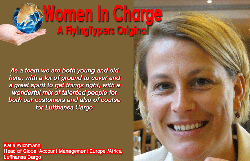 Katja Wichmann |
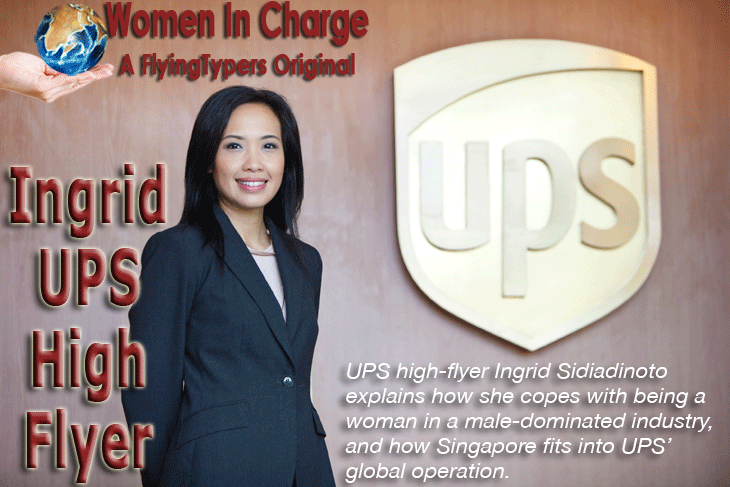 Ingrid Sidiadinoto |
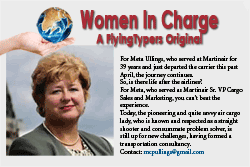 Meta Ullings |
| |
Get
On Board Air Cargo
News FlyingTypers |
|
If
You Missed Any Of The
Previous 3 Issues Of
FlyingTypers |
|||||
|
|||||
FT112612 |
FT113012 |
||||
|---|---|---|---|---|---|
Publisher-Geoffrey
Arend • Managing Editor-Flossie
Arend • Associate Publisher/European
Bureau Chief-Ted Braun
Film Editor-Ralph Arend • Special Assignments-Sabiha Arend, Emily Arend • Advertising Sales-Judy Miller |
|



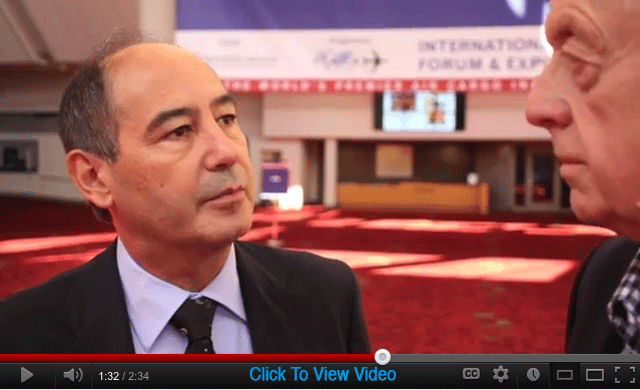

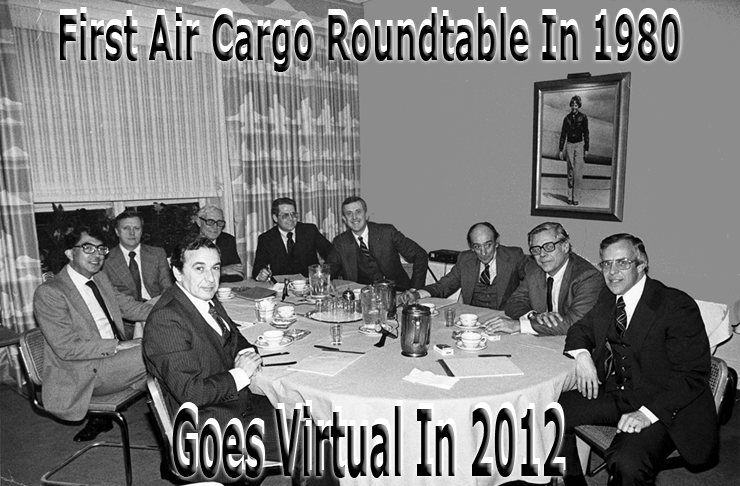 December
8, 1980—Seated
under a photograph
of Amelia Earhart,
at the Wings Club,
in the old Biltmore
Hotel in New York
City—the first
Air Cargo News Roundtable
discussed industry
issues. (Left to right)
are Luis de la Reguera,
Iberia; Fernando Tavera,
Viasa; Eugene ‘Buz’
Whalen, Japan Airlines;
Norman Jeppeson, British
Airways; Richard Haberly,
Flying Tigers; Geoffrey
Arend, Air Cargo News;
Dick Logan, Air Cargo
News; William Clarke,
TWA; and Peter Diefenbach,
Pan Am.
December
8, 1980—Seated
under a photograph
of Amelia Earhart,
at the Wings Club,
in the old Biltmore
Hotel in New York
City—the first
Air Cargo News Roundtable
discussed industry
issues. (Left to right)
are Luis de la Reguera,
Iberia; Fernando Tavera,
Viasa; Eugene ‘Buz’
Whalen, Japan Airlines;
Norman Jeppeson, British
Airways; Richard Haberly,
Flying Tigers; Geoffrey
Arend, Air Cargo News;
Dick Logan, Air Cargo
News; William Clarke,
TWA; and Peter Diefenbach,
Pan Am.


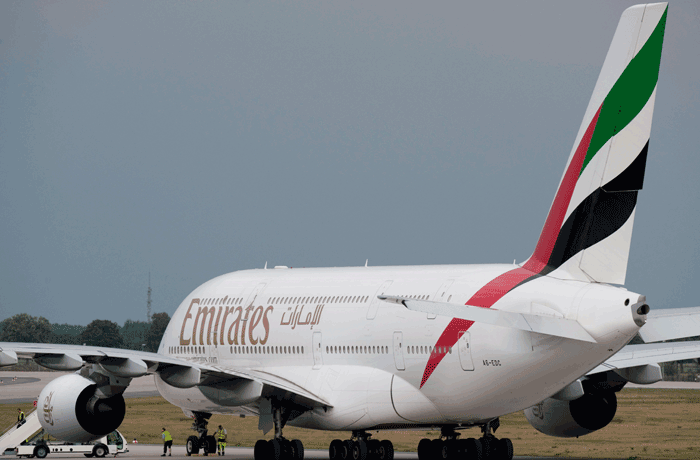
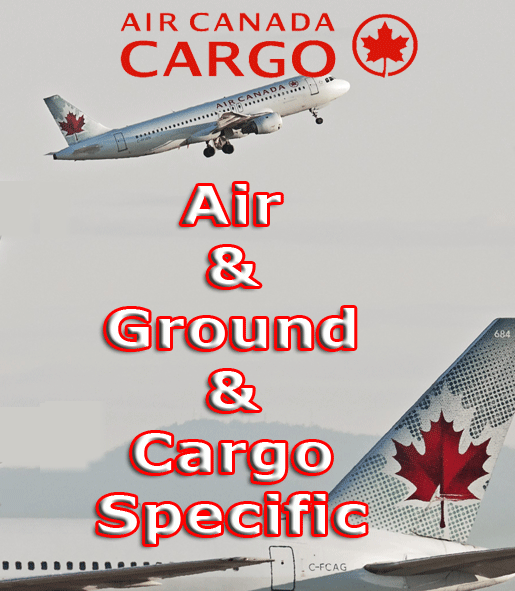
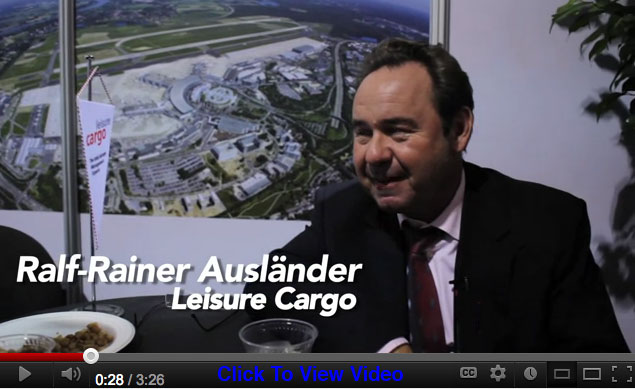
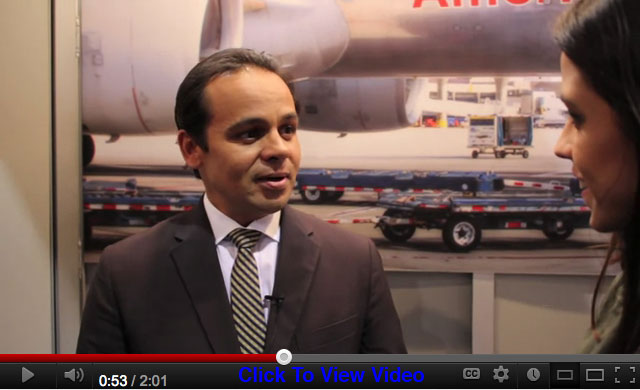
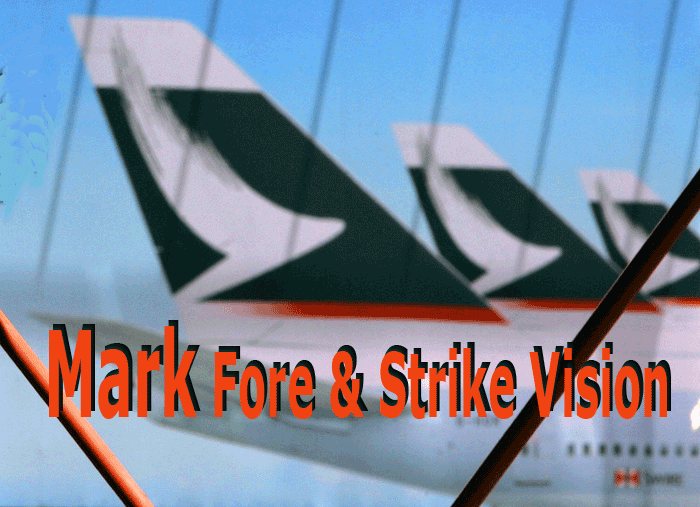
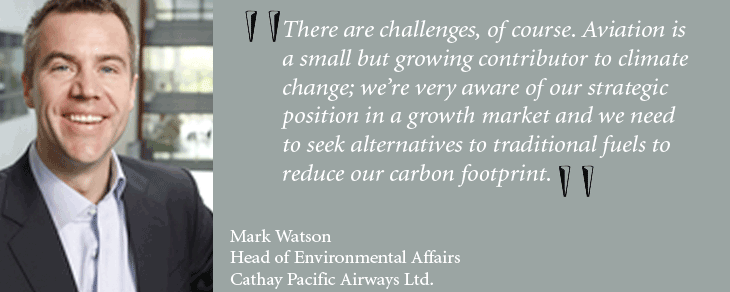
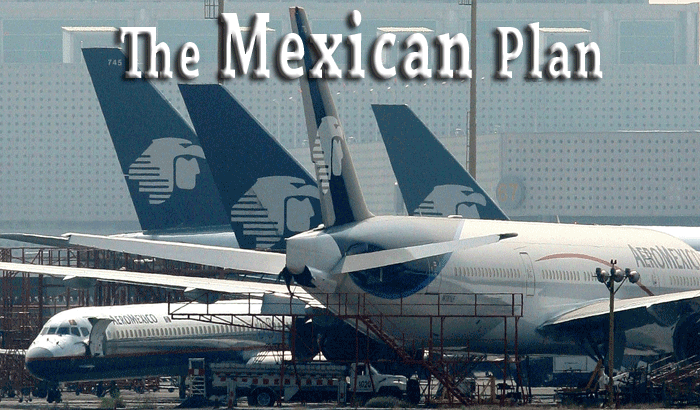
 Eric
Hartmann, VP South America
& Europe, Aeromexico
Cargo:
Eric
Hartmann, VP South America
& Europe, Aeromexico
Cargo: 
 Neel
Shah Jones,
President, JS
Aviation Consulting
and Chief Commercial
Officer, Able
Freight Services:
Neel
Shah Jones,
President, JS
Aviation Consulting
and Chief Commercial
Officer, Able
Freight Services:

